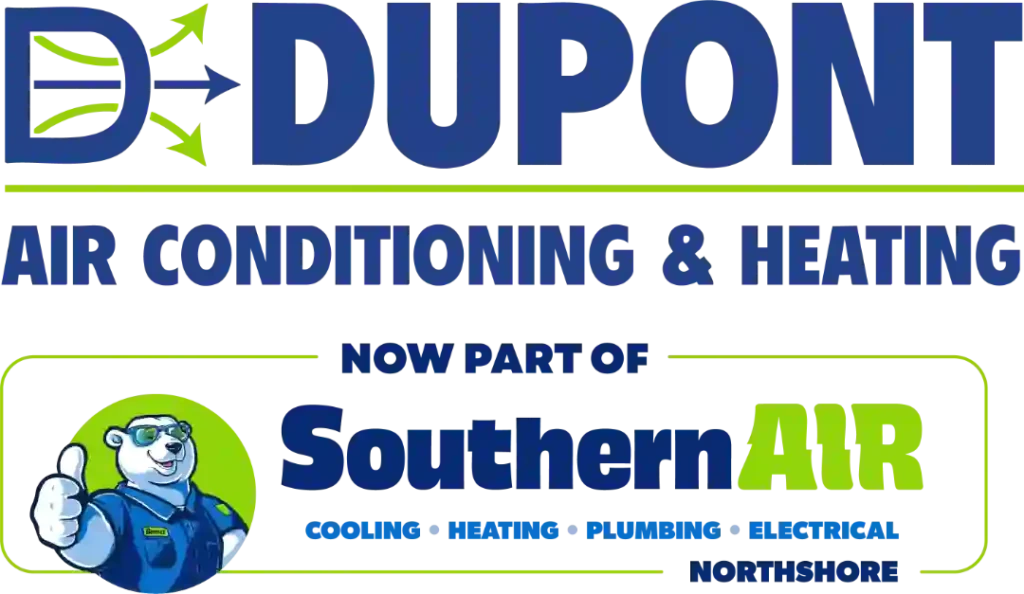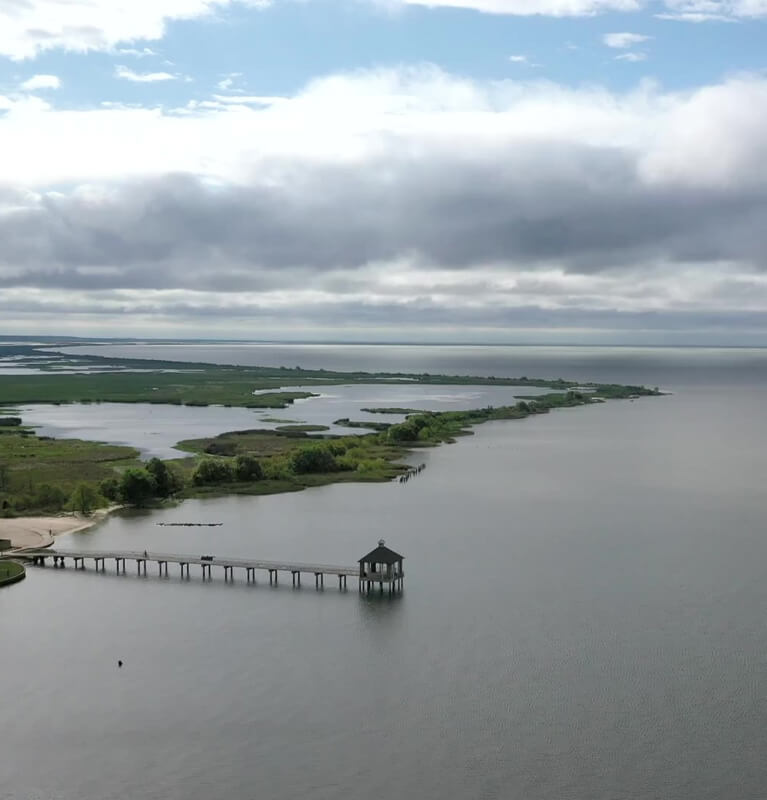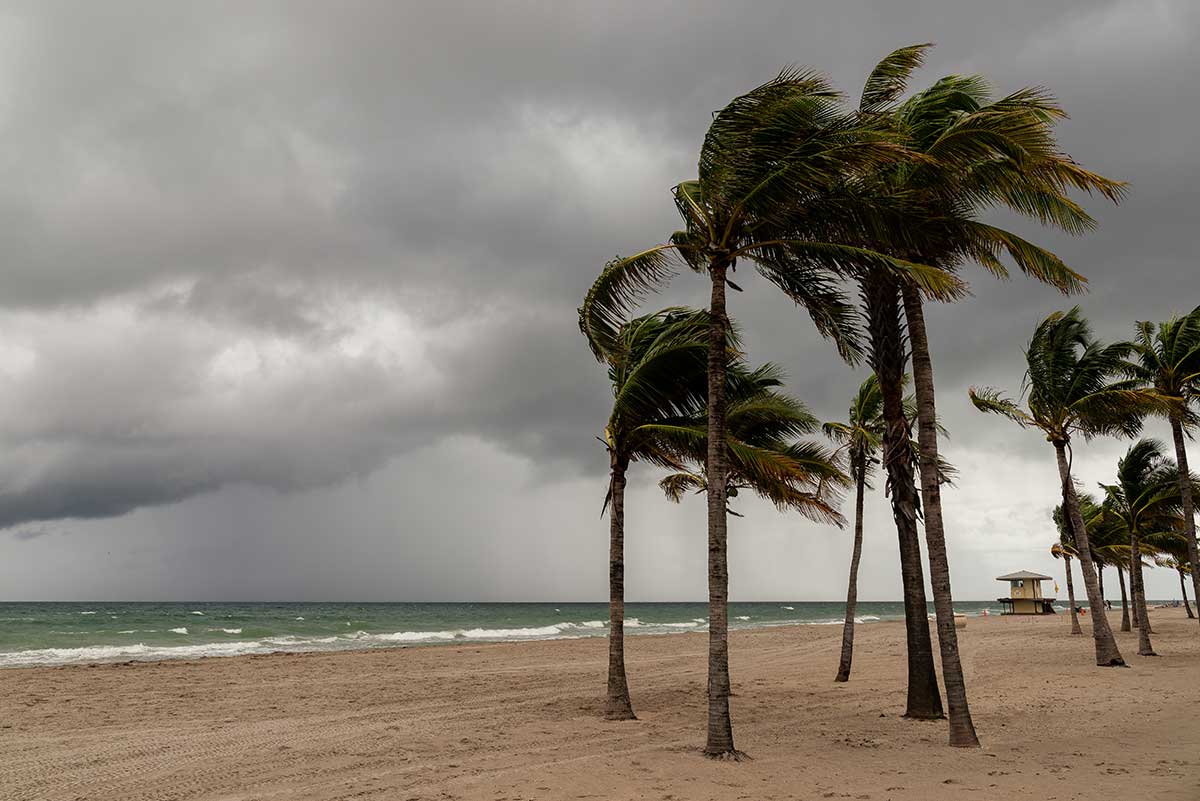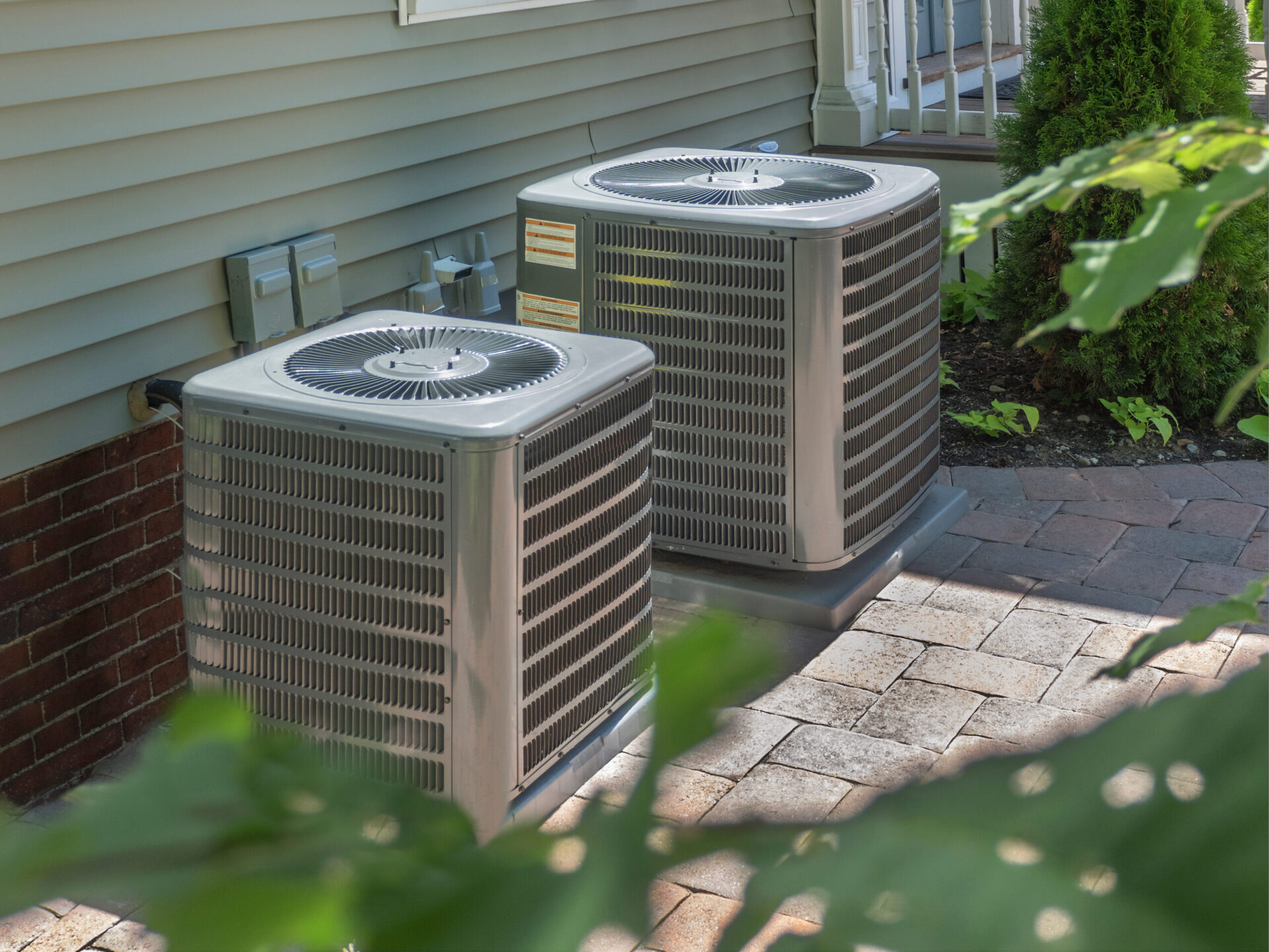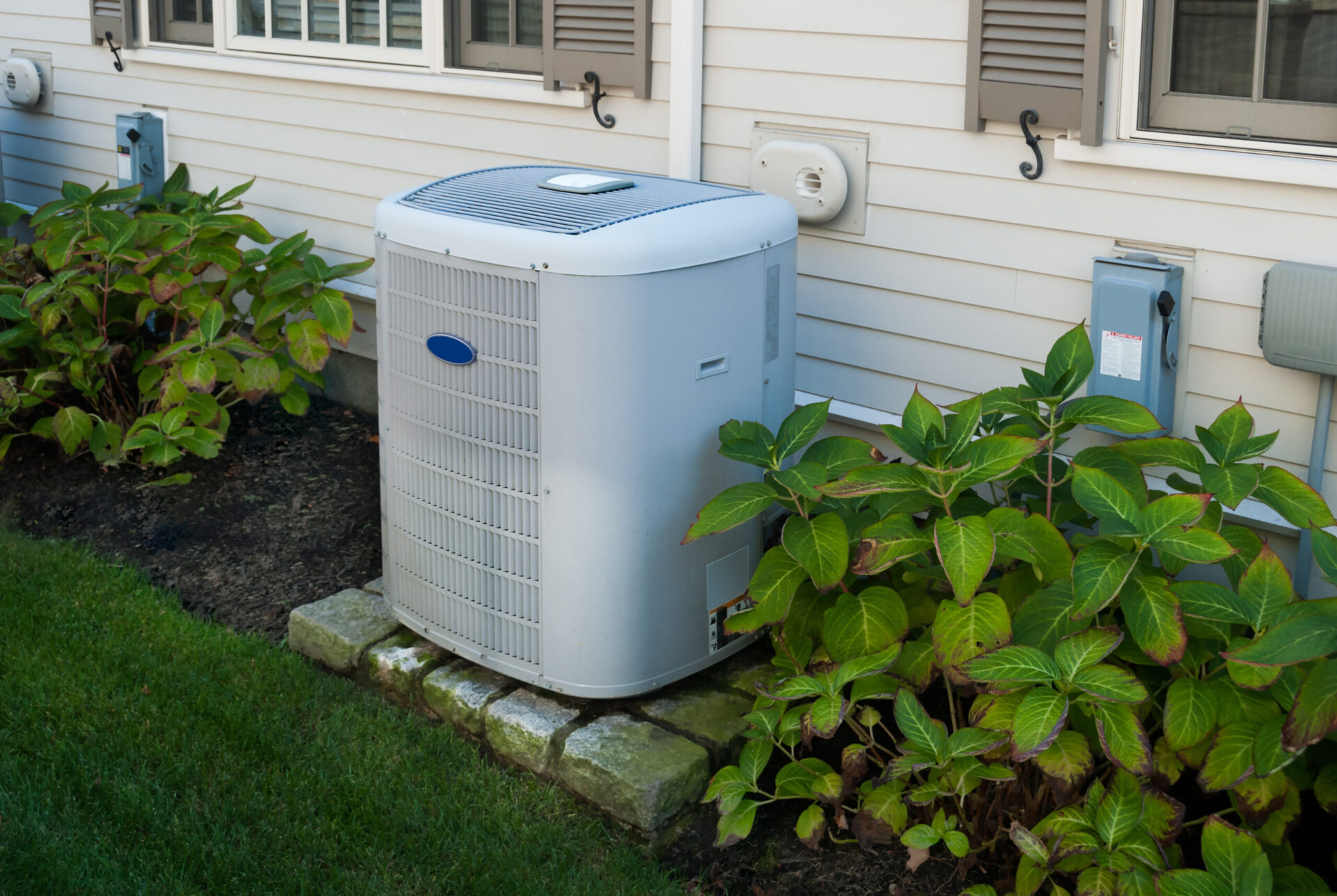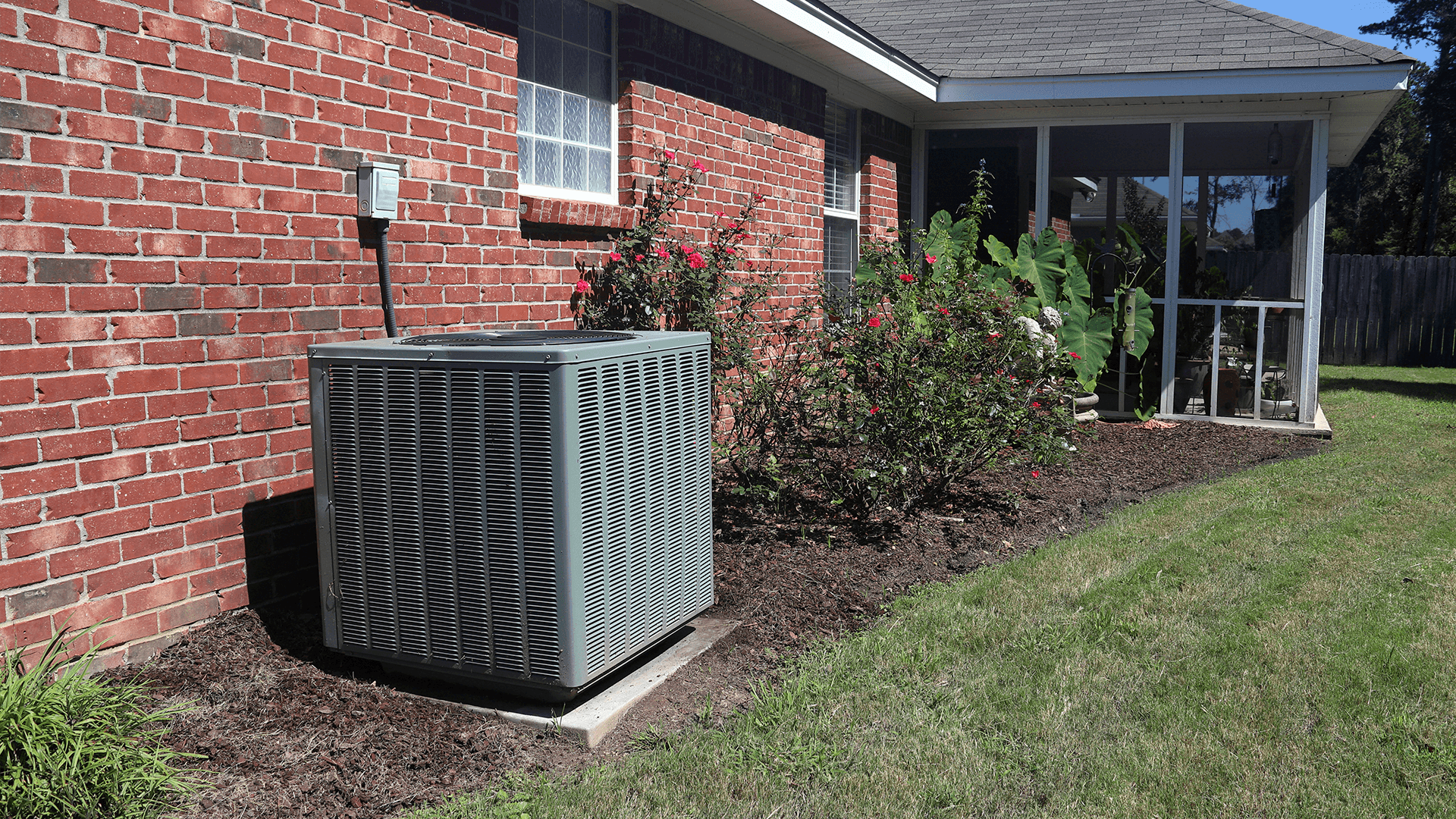Living in Mandeville, we are no strangers to the powerful impact of hurricanes. These natural disasters can wreak havoc on our homes, and one of the most critical systems that often gets affected is the HVAC system. Understanding what to do when your HVAC system is compromised after a hurricane is essential for ensuring your home remains comfortable and safe. Here’s what you need to know about emergency HVAC repairs after a hurricane and why Dupont Air Conditioning & Heating is your go-to provider for these services.
Assessing the Damage
The first step after a hurricane is to assess the damage to your HVAC system. This includes checking both the indoor and outdoor units. Look for obvious signs of damage such as:
- Flooding: Water can cause significant damage to the electrical components of your HVAC system.
- Debris: Fallen branches, leaves, and other debris can obstruct the outdoor unit, affecting its performance.
- Physical Damage: High winds can cause physical damage to the unit, including bent or broken components.
Safety First
Before you start any inspection or attempt any repairs, ensure that the power to your HVAC system is turned off. Water and electricity are a dangerous combination, and it’s crucial to avoid any risk of electrocution. If you’re unsure about how to safely turn off your system, it’s best to wait for a professional.
Common Issues Post-Hurricane
Several common issues can arise with your HVAC system after a hurricane:
- Electrical Failures: Water can short-circuit electrical components, leading to system failures.
- Refrigerant Leaks: Physical damage can cause refrigerant lines to leak, reducing the efficiency of your system.
- Blocked Airflow: Debris can block airflow, causing the system to overheat or fail.
Why Choose Dupont Air Conditioning & Heating?
When it comes to emergency HVAC repairs, you need a trusted and reliable service provider. Dupont Air Conditioning & Heating has been serving the Mandeville and Covington areas since 1998, offering expert HVAC and plumbing services. Here’s why we are the preferred choice:
Immediate Steps to Take
While waiting for professional help, there are a few immediate steps you can take to mitigate further damage:
- Clear Debris: Remove any debris around the outdoor unit to ensure proper airflow.
- Dry Out the Area: If your indoor unit has been exposed to water, try to dry out the area as much as possible.
- Document the Damage: Take photos of the damage for insurance purposes. This documentation can also help the HVAC technician understand the extent of the damage.
Professional Inspection and Repair
Once you’ve taken these initial steps, it’s time to call in the professionals. Dupont Air Conditioning & Heating offers a $50 Off HVAC Repair promotion, making it more affordable to get your system back up and running. Our team will conduct a thorough inspection to identify all issues and provide a comprehensive repair plan.
Preventative Measures
After your system has been repaired, consider taking preventative measures to protect it from future hurricanes:
- Elevate the Unit: If flooding is a concern, consider elevating your outdoor unit to prevent water damage.
- Install a Surge Protector: Protect your system from electrical surges caused by lightning or power outages.
- Regular Maintenance: Regular HVAC maintenance can help identify potential issues before they become major problems. Take advantage of our $69 HVAC System Tuneup to keep your system in top shape.
Hurricanes are an unfortunate reality for residents of Mandeville, but with the right knowledge and professional help, you can ensure your HVAC system remains functional and efficient. Dupont Air Conditioning & Heating is here to provide expert emergency HVAC repairs, backed by our promotions. Don’t let a hurricane leave you without comfort—contact us today at (985) 323-5244 or click here to schedule your repair. Your comfort and safety are our top priorities.
